How To Find A Black Therapist Virtually
FINDING THE RIGHT THERAPIST DOESN'T HAVE TO BE A GUESSING GAME. THE FOUNDER OF DEPRESSED WHILE BLACK, WALKS US THROUGH HOW TO FIND HELP
(EVEN IF YOU DON'T HAVE INSURANCE)
Finding a Black therapist shouldn’t feel like a guessing game. Scanning an insurance directory for culturally Black names is how I ended up with a white therapist named Tamera.
Now, there are directories like Therapy For Black Girls, Zencare, Ayana Therapy, and BEAM’s Virtual Therapist Network that list Black therapists so you can find the teletherapy you need during this pandemic. You can even widen your search for Black therapists licensed in your state.
If you have no insurance, ask for sliding scale fees
Finding an affordable Black therapist can be as simple as searching by race and budget on Zencare or searching by ethnic specialty on Open Path Collective, a directory of therapists who charge between $30 to $60 per session for individuals and $30 to $80 for couples and families.
“Be curious if [therapists] have any sliding scale fees,” said Dr. Melba Sullivan, a New York City-based psychologist listed on Zencare. Sliding scale fees for therapy sessions are based on a patient’s income. Even when these fees are not listed, Dr. Sullivan recommends that you should still ask. Some therapists may not have updated information, while others may be willing to negotiate.
“I would also really encourage people to explain their situation,” said Yuri Tomikawa, Founder and CEO of Zencare. Some therapists are lowering their session fees to serve clients who lost their jobs. Dr. Sullivan provides therapy for frontline essential workers at a cost of $30 or less per session.
If you’re looking to pay a flat fee for therapy each month, Ayana Therapy is an option. This newly launched app is a therapy matchmaker for marginalized communities. “The questionnaire has been reconstructed to be more culturally sensitive and less Euro-Western centric in order to maximize the odds of finding your counselor,” shared Eric Coly, Founder of Ayana Therapy. At $180 a month, users can have four 30-minute video calls with their therapist as well as daily texting.
If you need free therapy as a person deeply impacted by COVID-19, then the Boris Lawrence Henson Foundation is providing five sessions for you as long as funding lasts. This initiative, spearheaded by Founder Taraji P. Henson, requires that you fill out an application with the name of a preferred therapist in your state that is listed in the foundation’s resource guide.
Medicaid provides free therapy and now lower barriers to apply
D.C.-based clinical social worker and psychotherapist Montrella Cowan advises Medicaid members to first call the access helpline at their local Department of Behavioral Health to be connected with therapy providers.
After selecting a therapist from a list of referrals, you can set up an appointment. “It’s not going to cost the client anything. None of them have a co-pay,” Cowan shared.
For anyone who recently lost their job due to the COVID-19 pandemic, there may be a faster response time to Medicaid applications, according to Cowan. “They relaxed a lot of the rules right now, so you can actually go on the website and apply whereas before you would have to go to a social services office and show proof of income.“
Just because a therapist doesn’t take insurance, doesn’t mean you cannot use your insurance to see them.
– DR. MELBA SULLIVAN
If you have insurance, contact your insurance company before you search for therapists
In a time where virtual therapy is mandatory, insurance companies like Blue Cross Blue Shield are waiving co-pays for in-network teletherapy.
“I think it would be a good idea to call your insurance company directly and ask if there are any new rules you should know about, or new stipulations related to teletherapy,” said Dr. Joy Harden Bradford, Founder of Therapy For Black Girls.
Dr. Sullivan also feels that a therapist search should begin with contacting your insurance. “The therapy seekers need to know what is their co-pay, what is their out-of-network coverage, what their mental health benefits are, and what’s available in their health savings account.”
Once you learn what your insurance offers, you can start searching for Black therapists who use treatment methods that match your needs.
“Just because a therapist doesn’t take insurance, doesn’t mean you cannot use your insurance to see them,” Dr. Sullivan added. “You can pay for [out-of-network therapy] through your health savings account or your out-of-network benefits. So the question is, ‘do I provide the paperwork that I need to be reimbursed by my insurance company.’” This paperwork, according to Dr. Sullivan, should include a code number for your diagnosis and your therapist’s license and NPI number.
If you’re sick and tired of looking for a Black therapist, ground yourself and broaden your search
We as a Black community are surrounded by immense grief and loss due to COVID-19, and that can heighten the stress of searching for a therapist.
You can try to ground yourself with an online support group, the Liberate meditation app for people of color, and BEAM’s virtual workshops on topics like healing justice.
Once you’re ready to return to your search, consider resources you may already have. Your EAP (Employer Assistance Program) may provide free therapy sessions. And your most recent insurance company may still offer coverage and access to money in your health savings account if you just lost your job.
Reference: Essence

